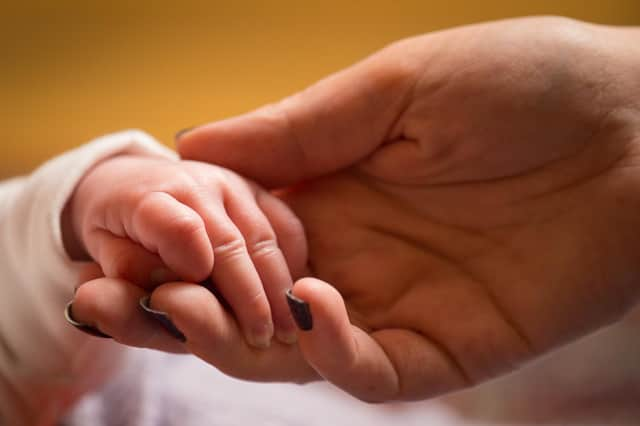Hundreds of households in The News’ circulation area have children looked after by siblings, aunts, uncles, cousins or grandparents


A charity has called for better data collection on these families, to provide better support for those living in alternative family structures.
The ONS (Office for National Statistics) defines kinship care as children aged under 18 being looked after by family members who are not their parents.
Advertisement
Hide AdAdvertisement
Hide AdEstimates from the 2021 census suggest there were at least 440 children looked after by 560 kinship carers in Portsmouth.
However, information on family relationships is only available for households with fewer than six members – so the true figures may be higher.
Nearly three-fifths of children (59%) lived with at least one grandparent, ONS figures show.
Steve Smallwood, from the ONS, said it is “striking how important grandparents are in providing care”.
Advertisement
Hide AdAdvertisement
Hide AdThe ONS' figures also show those in kinship care households were more likely to have a family member with a disability, and more likely to be missing work due to long-term illness – issues that may be explained by the age of potential kinship carers.
Elsewhere, estimates from the 2021 census suggest there were at least 315 children looked after by 450 kinship carers in the Havant local authority area.
In Gosport the figures were 200 children and 255 kinship carers and in Fareham 195 children and 255 kinship carers.
Kinship, a charity supporting such families, welcomed the figures, but warned they are not "enough to give us the accurate and robust understanding of kinship families" needed for policy on kinship relationships.
Advertisement
Hide AdAdvertisement
Hide AdThe charity called the disparity in data collection "unacceptable".
It added: "The invisibility of kinship families allows children and their carers to remain invisible to policymakers – this must end if we are serious about truly transforming support for kinship families of all types throughout England and Wales."
The organisation has campaigned for paid kinship care leave on a par with adoption leave – and last week Tesco promised the same support to kinship carers as those who have adopted.
The Government has pledged to publish a national kinship care strategy by the end of this year.
Advertisement
Hide AdAdvertisement
Hide AdThe findings also suggest there were regional disparities in the proportion of children in kinship care households. While the 11,865 in the South East (1.2%) was below the national average, the North East saw the highest proportion of such households, with six of the top 10 local areas for kinship care.
Cathy Ashley, chief executive of Family Rights Group, said kinship carers can face barriers to support – with many having to give up work to take on caring responsibilities and potentially "driving them into poverty".
These barriers can also stop children from getting the support they need after the trauma of losing their parents.
She added: "Kinship carers are doing right by the children, now it’s time for government to do right by kinship care by raising its ambitions in the upcoming kinship care strategy."